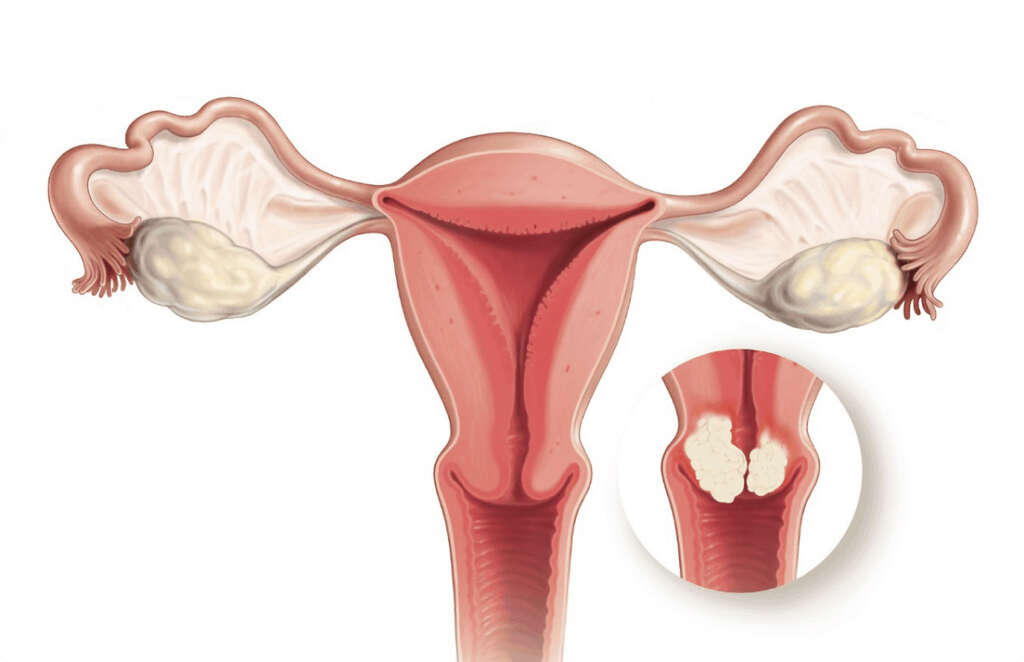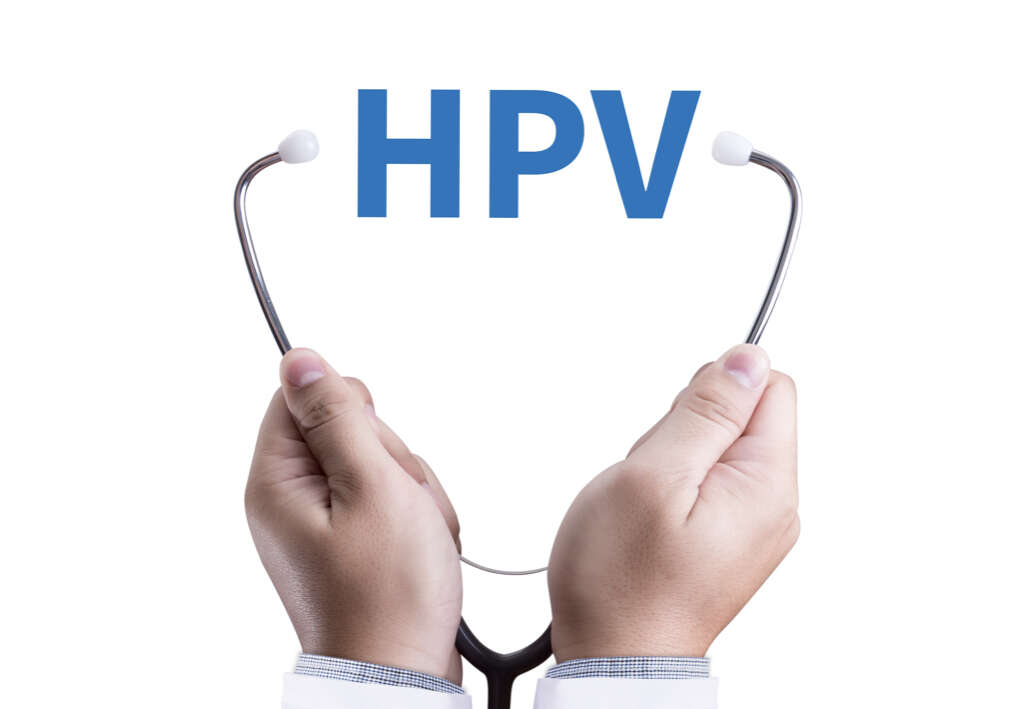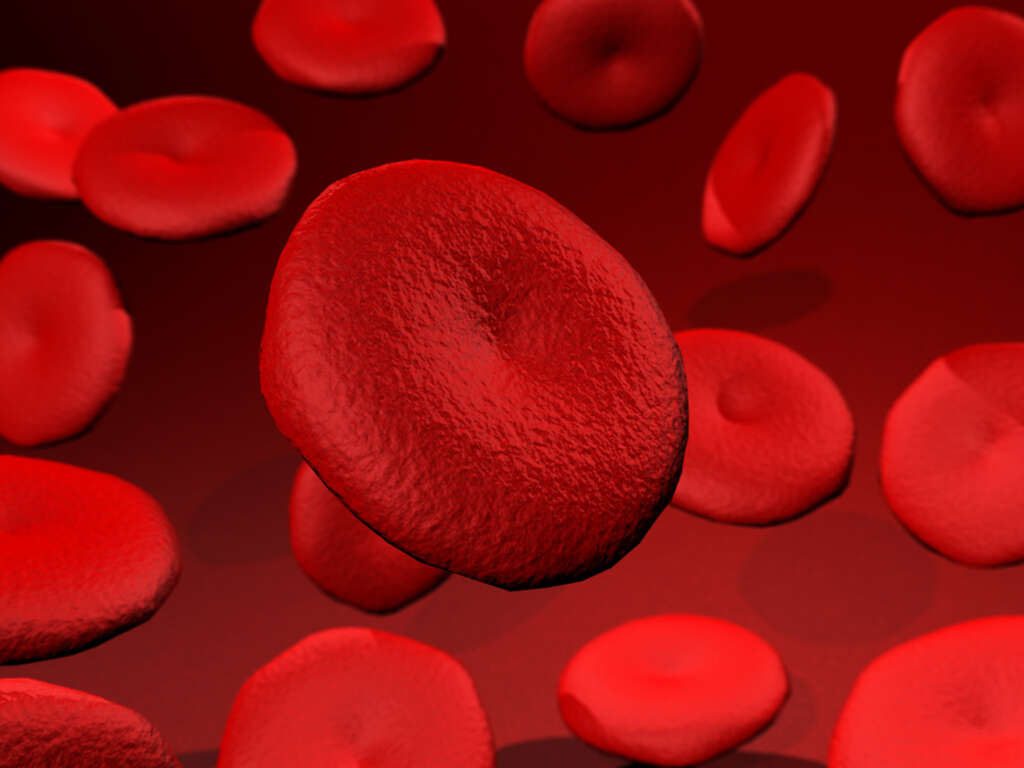What Is a Human Papillomavirus Infection?
Millions of Americans are affected by various sexually transmitted infections every year. Some are bacterial in nature and can be cured with a course of antibiotics or other treatment options. Some are viruses that can remain in the body indefinitely with outcomes ranging from no symptoms to life-threatening complications.
If you are infected with human papillomavirus, you may be asymptomatic, so it’s possible to pass it on to a partner without knowing you have it. If you do notice symptoms, it’s important to talk to your doctor to discuss treatment options and safety precautions to protect yourself and others.

1. What Is a Human Papillomavirus Infection?
Human papillomavirus, often referred to as HPV, is typically a sexually transmitted infection, but it can also be passed from simple skin-to-skin contact. There are over 200 types of HPV, and many of them can enter your body without producing any sign that they have done so. Only about 40 of them affect the mouth, throat and genital areas.
Most cases of HPV are so mild that many people don’t know they have it until they visit their doctor for their annual checkup. It may show up on a test before it shows any symptoms in your body. While there is no cure, there are ways to manage HPV and prevent complications.

2. What Are the Symptoms of HPV?
The most common symptoms of HPV are warts on the genitals or in the mouth or throat. Genital warts in women can appear anywhere on the vulva and may be discovered on the cervix during an examination. Men find genital warts on the penis or scrotum. These warts can appear alone or in clusters and may be flat lesions, stemmed protrusions or cauliflower-shaped groupings.
Other types of warts can be caused by HPV. Plantar warts can appear on feet, and rough bumps can show up on hands and elbows. Flat lesions can also appear on the face or neck.

3. What Complications Can Occur?
A small percentage of HPV strains can cause cancer. The most frequent is cervical cancer; however, cancerous cells can develop anywhere in the genital area or in the mouth or throat.
Specifically, Types 16 and 18 are considered high-risk HPV, as they lead to most of the cancer cases caused by the virus. There is no way of knowing what strain of HPV you may come into contact with, so early detection is vital to fighting the most dangerous types.

4. How Is HPV Spread?
The majority of HPV cases are spread through sexual contact, particularly through vaginal, anal or oral sex. Sexual contact is not required, though. Any intimate skin-to-skin contact can pass the virus from an infected person to someone else.
The prevalence of HPV spread is likely due to the fact that many people don’t know they have it and thus spread it to partners without knowing it. Even if they eventually become symptomatic, it may take months or years to do so. This can make contact tracing very difficult.

5. Who Is at Risk for HPV?
Anyone who is sexually active is at risk for HPV. The more sexual partners you have, the more likely you are to get HPV. While condoms don’t guarantee protection from the virus, unprotected sex also increases the risk of infection.
People with compromised immune systems are not only more likely to get HPV but also to show symptoms. Cuts or other damage to the skin can make you more vulnerable to infection, as can touching warts or lesions caused by HPV on another person.

6. How Common Is HPV Infection?
HPV is the most common STI. Because it is so easily spread but not as easily diagnosed, it is likely that everybody who is sexually active will have HPV at some point in their lives, especially if they have multiple partners. While abstinence can serve as an effective prevention, many people don’t consider it a feasible option.
Sexual contact is not required for HPV infection, so even if someone has never had sex or is currently abstaining, transmission can still occur. Even something as simple as touching a surface that has been exposed to HPV, such as a locker room floor or the area around a swimming pool, can put people at risk of infection.

7. How Does HPV Affect Pregnancy?
Most HPV strains don’t have an adverse effect on pregnancy at all. While it’s important to let your obstetrician know your medical history, including HPV infection, your pregnancy is likely to progress as it would otherwise, and no additional measures are typically needed. There is very little risk that HPV will be passed on to your baby, and precautions can be taken to lower the risk even further during delivery.
While you are pregnant, cell growth is usually accelerated, so your doctor will likely want to keep a close watch on changes in your cervix if you have HPV. Frequent exams can help monitor cell production to identify pre-cancerous lesions before they develop into something more dangerous.

8. How is HPV Diagnosed?
If you notice lesions or warts, particularly around your genital area, you need to go to the doctor and get tested. If you feel bumps during a self-examination but don’t see anything, swabbing the area with white vinegar is known to turn flat lesions white, which makes them easier to detect.
Women can be diagnosed when abnormalities appear on their Pap tests. A DNA test on cervical cells can be helpful in identifying high-risk strains. There is currently no similar test for men, although an anal pap test can reveal abnormalities as well.

9. What Treatment Options Are Available?
Warts usually go away on their own, but there are treatments that can help with more stubborn outbreaks. Warts on the hands and feet are typically treated with salicylic acid, which removes them slowly, layer by layer. Topical medications such as podofilox and trichloroacetic acid aid help get rid of warts but may cause significant irritation in the area where they are used.
If HPV cells are found in the cervix, they will need to be removed. There are several surgical options, including cryosurgery, LEEP, cold knife conization or laser techniques.

10. How Does the HPV Vaccine Work?
The HPV vaccine protects against the most dangerous forms of HPV that lead to cancer. It is recommended for children ages 11-12, although it can be given earlier. It consists of two separate injections, administered six months apart. When people in the 15-26 age range are vaccinated, three shots are typically administered with six months between each injection.
Most people over the age of 26 have already been exposed to HPV, so the vaccine is not necessarily as effective. There are some exceptions, however, so talk to your doctor if you believe that you are at heightened risk and want to see if the vaccine could be helpful to you.












